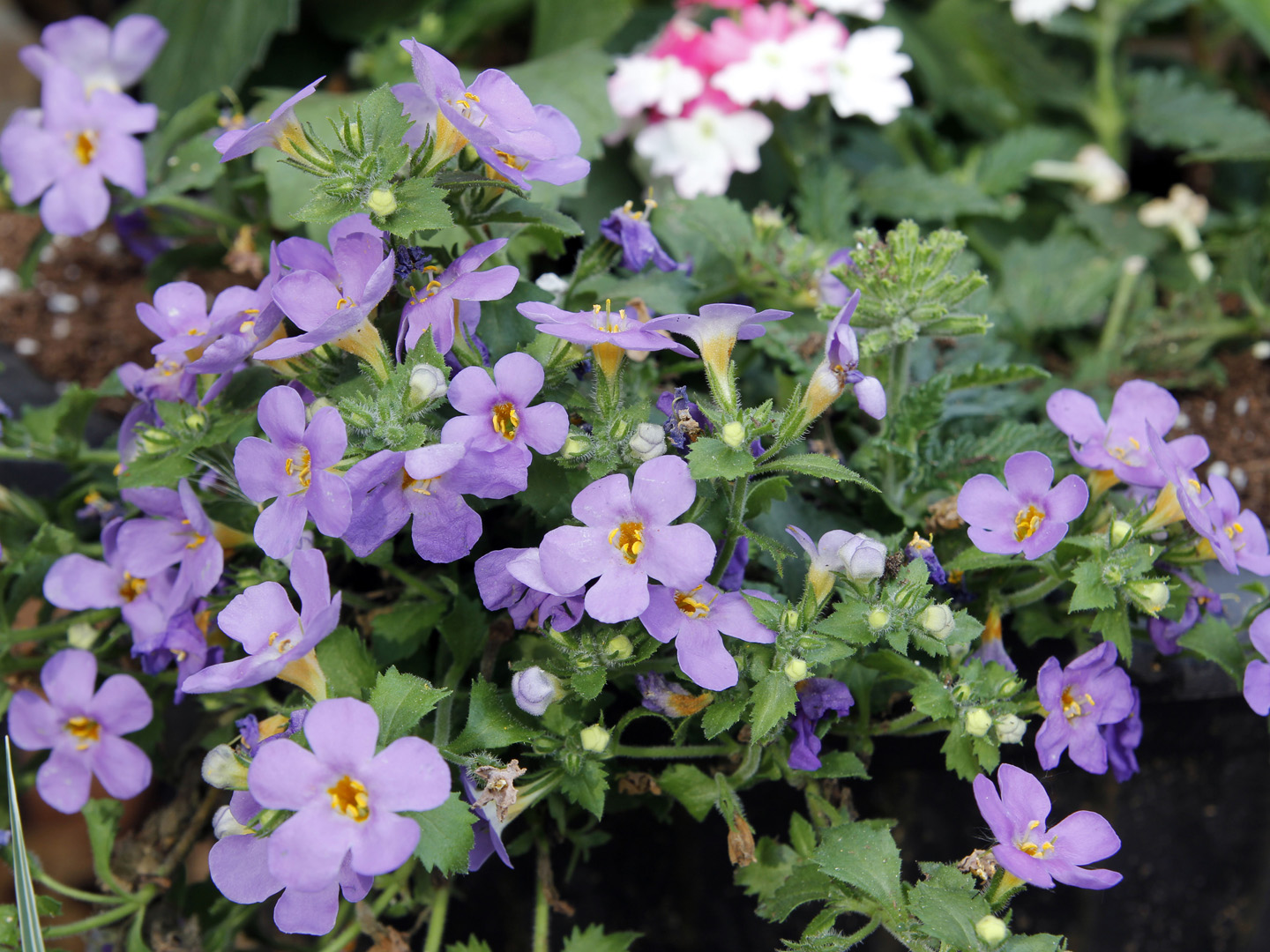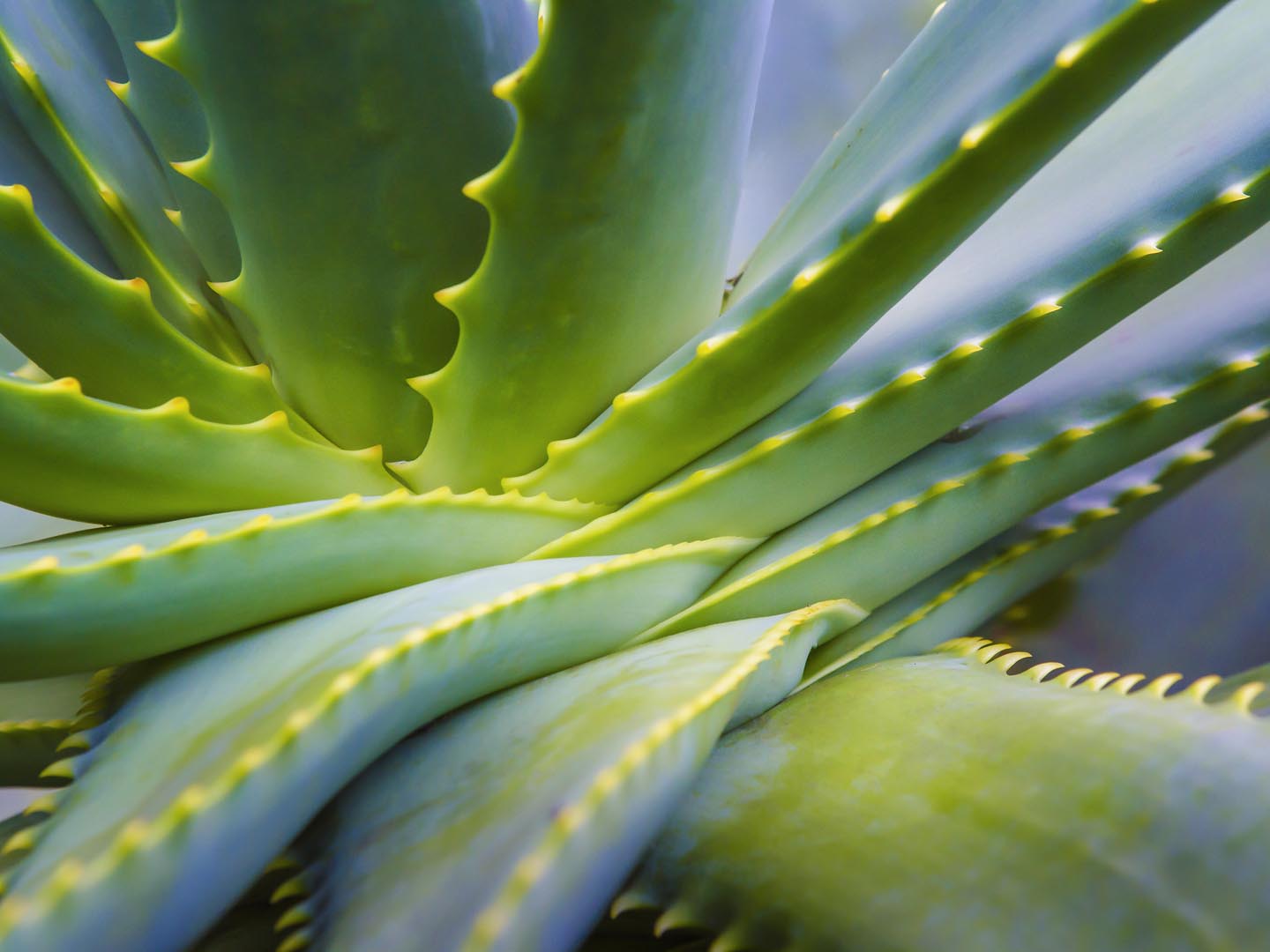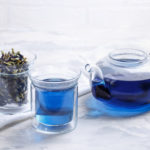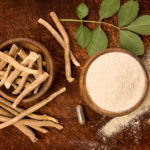Bacopa

Bacopa monnieri
Bacopa is a genus of as many as 100 aquatic plant species that are found throughout tropical and subtropical regions of the world. The species Bacopa monnieri is a perennial, creeping, aquatic herb originally from the wetlands of southern India, Australia, and South America. Its therapeutic importance is indicated by the fact that in Ayurveda, the Indian traditional healing system, bacopa is also known as “Brahmi,” after Brahma, the creator-God of the Hindu pantheon. The leaves are succulent and the flowers are small and white. The herb grows vigorously even in slightly brackish water, and is a popular aquarium plant.
Used for:
Bacopa is traditionally used in Ayurvedic medicine for neurological and cognitive improvement. Indian texts dating back to the 6th century describe bacopa as sharpening intellect and reducing mental deficits. Bacopa has also been used to treat epilepsy and asthma as well as ulcers, indigestion, inflammation, and anemia.
After reviewing the scientific evidence, the Natural Medicines Comprehensive Database (NMCD) concluded that bacopa is “possibly effective” for aiding in learning and memory improvement. The review also found bacopa to be “possibly ineffective” for treating irritable bowel syndrome (IBS). The NMCD found insufficient evidence to rate effectiveness for treating asthma, backache, mental illness, rheumatism, fluid retention, and epilepsy.
A double-blind, randomized, placebo-controlled study conducted in 2001 found that subjects who took bacopa had significant improvement in memory, particularly in new information retention. Another double-blind, placebo-controlled study in 2013 found study participants who ingested an extract of bacopa (either 320 mg or 640 mg) exhibited improved cognition and mood, as well as lower levels of cortisol, a hormone associated with stress. While suggestive, the authors concluded more studies are needed to support the claims of effectiveness for improved mood and cognition.
Available in:
Bacopa is available in standardized liquid extract or encapsulated powder. Generally, high-quality bacopa will be certified as organic by a reputable third party organization and packaged in light-resistant containers.
Herb / drug interactions:
Bacopa may negatively interact with drying (anticholinergic) medications used for allergies and depression. It may also negatively impact the effectiveness of medications for Alzheimer’s disease (acetylcholinesterase inhibitors) as well as medications used for glaucoma.
Other safety concerns:
None known.
When buying:
Look for high-quality supplements certified as organic by a reputable third party and packaged in light-resistant containers.
Dosage:
For memory and cognition, 300 mg of bacopa extract per day for 12 weeks was found to be safe and effective. Used as recommended, bacopa is generally considered safe. Side effects may include nausea, dry mouth, and fatigue.
Child dosage:
There are no standard recommendations for children.
Dr. Weil says:
Bacopa is now being widely promoted as a treatment for memory problems. It appears to have some efficacy in that regard, but it probably would not be my first choice. Other herbal and nutrient-based therapies including Ginkgo biloba, acetyl-L-carnitine (ALCAR), and phosphatidyl serine (PS) have been studied more thoroughly than bacopa. Of course, the best intervention to maintain cognitive function and memory are the ones that keep mind and body active. Get at least 30 minutes of some form of gentle aerobic exercise such as brisk walking at least five times per week and remain mentally engaged with challenges you find appealing, such as reading newspapers and books, doing crossword puzzles, playing a musical instrument, participating in ongoing education and learning a new language.
Reviewed by Jeff Gladd, M.D., July 2014
SOURCES:
Bacopa. Natural Medicines Comprehensive Database Consumer version. Stockton, CA: Therapeutic Research Faculty, accessed July 16, 2014 at http://naturaldatabase.therapeuticresearch.com/nd/Search.aspx?cs=&s=ND&pt=100&id=761&fs=ND&searchid=47421122
Benson, Sarah, Luke A. Downey, Con Stough, Mark Wetherell, Andrea Zangara, and Andrew Scholey. “An Acute, Double‐Blind, Placebo‐Controlled Cross‐over Study of 320 mg and 640 mg Doses of Bacopa monnieri (CDRI 08) on Multitasking Stress Reactivity and Mood.” Phytotherapy Research 28, no. 4 (2014): 551-559.
Calabrese, Carlo, William L. Gregory, Michael Leo, Dale Kraemer, Kerry Bone, and Barry Oken. “Effects of a standardized Bacopa monnieri extract on cognitive performance, anxiety, and depression in the elderly: a randomized, double-blind, placebo-controlled trial.” The Journal of Alternative and Complementary Medicine 14, no. 6 (2008): 707-713.
Roodenrys, Steven, Dianne Booth, Sonia Bulzomi, Andrew Phipps, Caroline Micallef, and Jaclyn Smoker. “Chronic effects of Brahmi (Bacopa monnieri) on human memory.” Neuropsychopharmacology 27, no. 2 (2001): 279-281.









